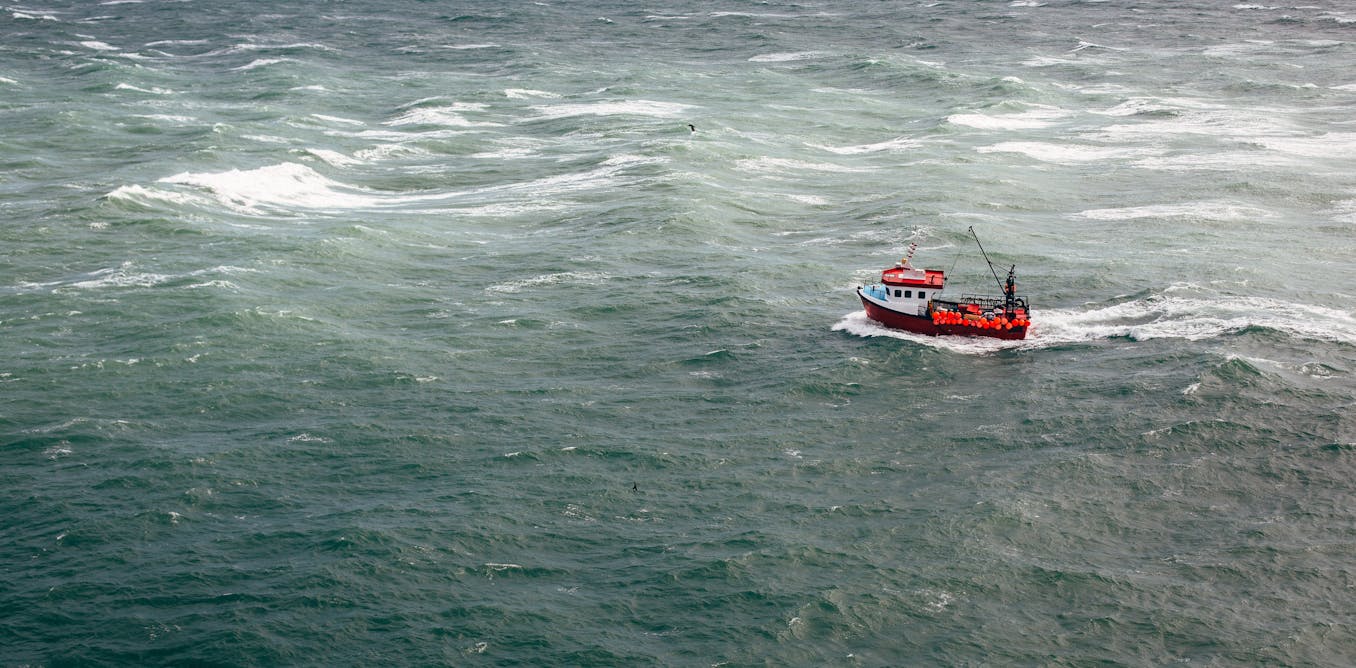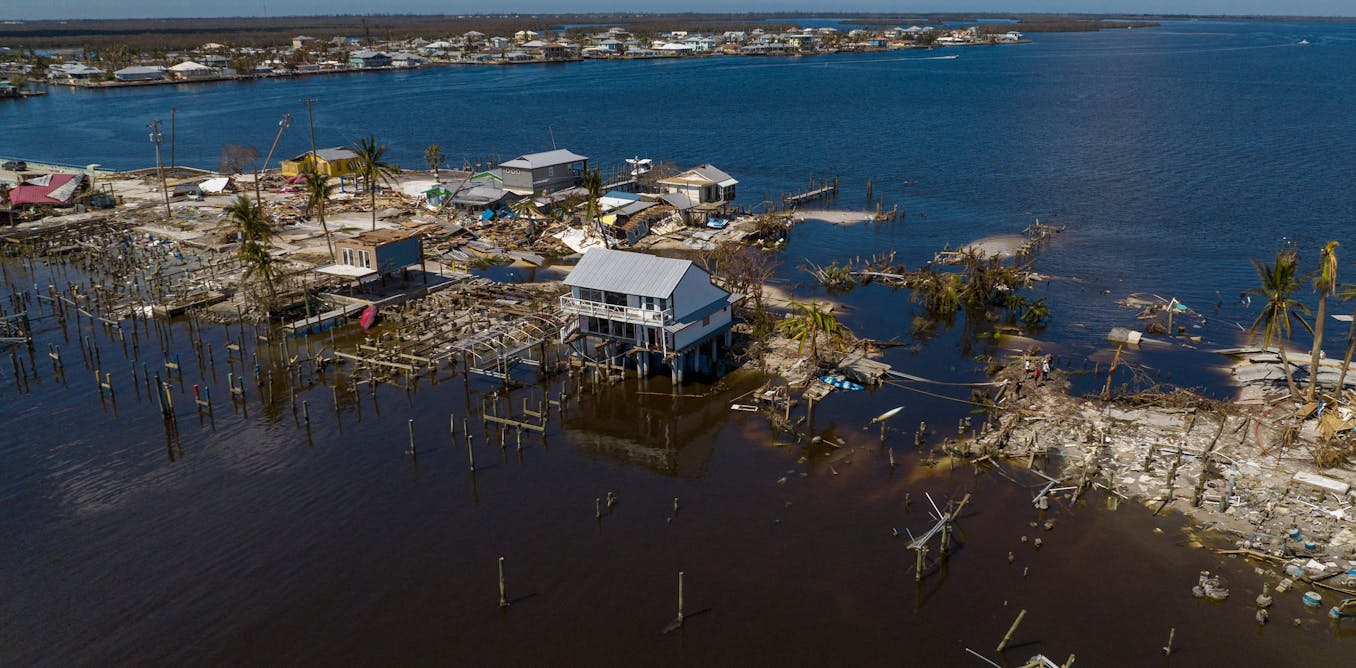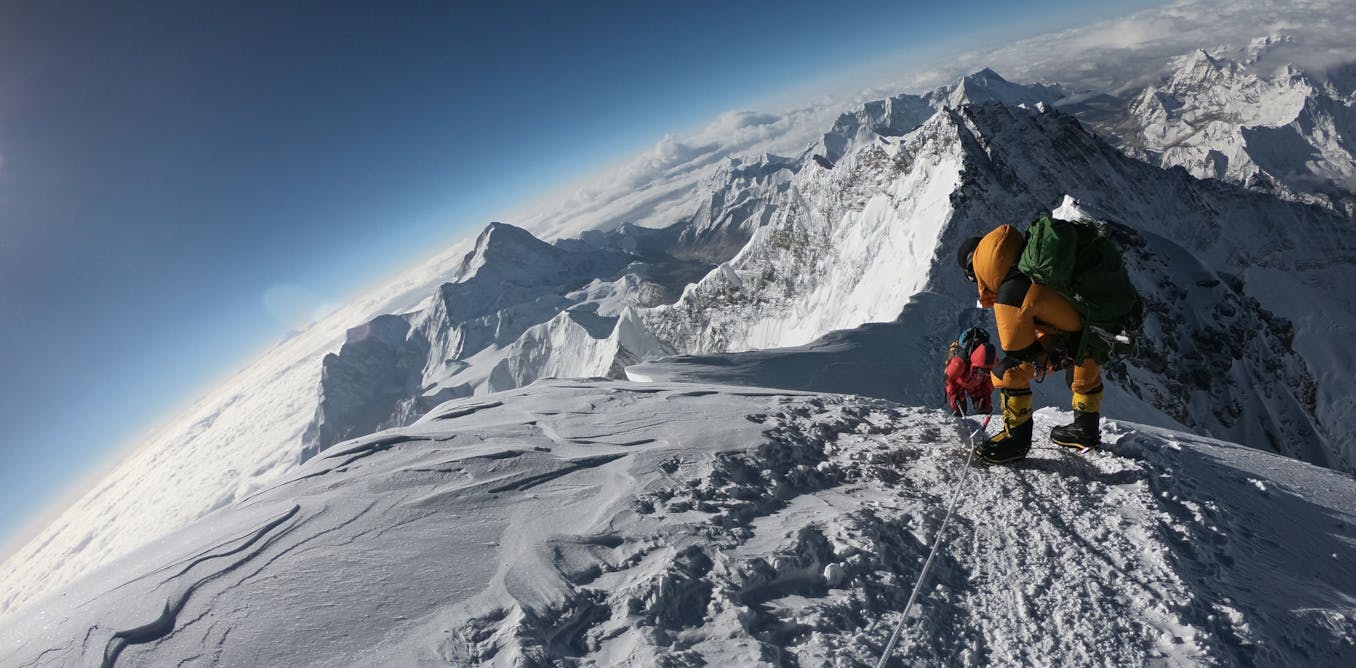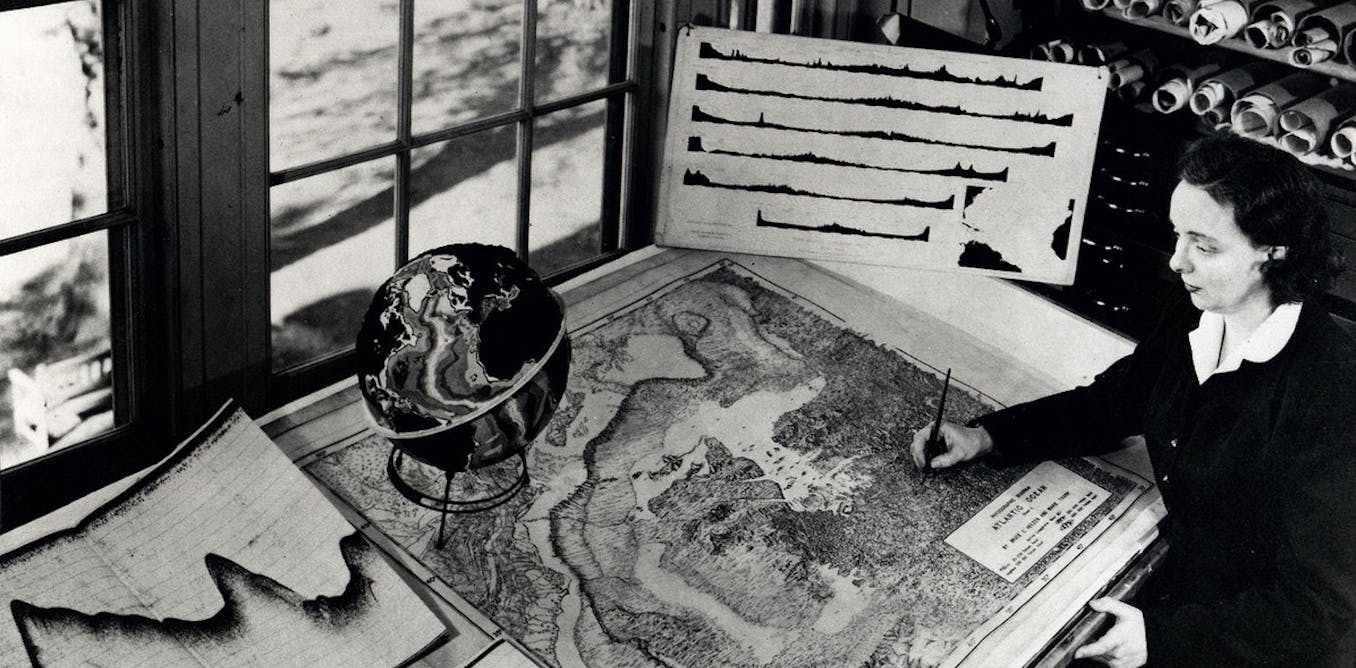We used AI and satellite imagery to map ocean activities that take place out of sight, including fishing, shipping and energy development
A new study reveals that 75% of the world’s industrial fishing vessels are hidden from public view.
Jan. 3, 2024 • ~10 min






